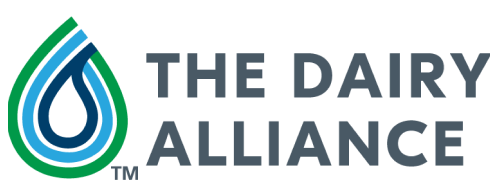I’ve Got the Need… the Need for Cheese
Humans have been finding ways to preserve food since the beginning of time, making food preservation one of the world’s oldest technologies. Before electricity, refrigerators, and freezers became common household luxuries, we had to find ways to keep our food from spoiling while maintaining its nutritional value, texture, and flavor. Modern methods of preservation include canning and pasteurization, while some of the oldest methods include drying and fermentation.
Cheesemaking is accomplished through fermentation, one of the oldest forms of food preservation – so old that it has even been documented in Egyptian tomb drawings and ancient Greek literature. The craft of making cheese allows us to preserve and store the nutritional value of milk for months or years. Of the 9 essential nutrients available in fresh milk, 6 of those are preserved through the process of cheesemaking – protein, calcium, phosphorus, vitamin B12, niacin, and vitamin A. Another health benefit of cheese is that most of the lactose is broken down during fermentation and aging, so natural hard cheeses like Cheddar, Monterey Jack, Gouda, and Parmesan are suitable for anyone who struggles with lactose intolerance.
The process of making cheese is complex, time-consuming, and varies according to the type of cheese being created. Essentially, most common cheeses (like Cheddar) are made by adding good bacteria and enzymes to freshly pasteurized milk. The bacteria create lactic acid – a natural food preservative – and the enzymes convert the milk protein into curds and whey. The curd captures most of the fat, protein, and calcium from milk. The whey is mostly water and is therefore drained off to be used for other purposes. Salt is then added to the curd before it is pressed and allowed to age in a cool place. During aging, the bacteria and enzymes continue to work and develop distinct flavors and textures that make each type of cheese especially unique.
Try your hand at making your own cheese in honor of National Cheesemakers Day, or simply pay homage to the craft by learning how to make your own charcuterie board to enjoy with friends and family!
Tracey True, RDN, LN





